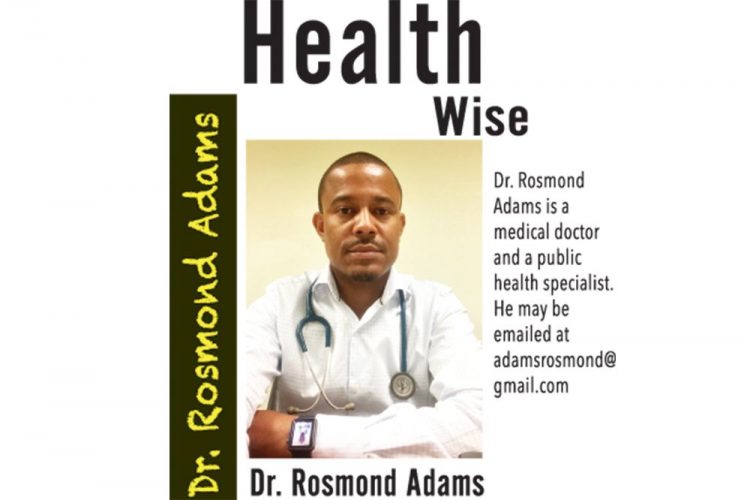Cancer: ‘We can. I can’

This year, itâs estimated that nearly eight million people worldwide will die from cancer. In St Vincent and the Grenadines, cancer remains the number one cause of death.
The theme of World Cancer Day, “We can. I can,â explores how everyone â together and individually â can do their part to reduce the global burden of cancer. The campaign outlines actions that communities and individuals can take to save lives by achieving greater equity in cancer care and making fighting cancer a priority at the highest political levels.
Individuals can:
- Make healthy lifestyle choices that include avoiding tobacco, getting plenty of physical activity, eating a healthy diet,âlimiting alcohol intake.
- Know about signs and symptoms of cancerâand early detection guidelines,âbecause finding cancer early often makes it easier to treat.
- Support cancer patients and survivors with the physical and emotional impacts of cancer, even after treatment ends.
- Shareâstories about their own cancer experiences, communicate with decision makers, and join support groups to help make positive change for all people affected by cancer.
- When possible, return to work after cancer treatment to restore normality, routine, stability, social contact, and income.
Communities can:
- Call on governments to commit adequate resources to reduce cancer deaths and provide a better quality of life for patients and survivors.
- âEducate people about the link between lifestyle behaviours â including smoking, poor diet and physical activityââ and cancer risk.
- âDispel myths that lead to stigma and discrimination against people with cancer in some communities.
- Encourage schools and workplaces to implement nutrition and physical activity policies that can help people to adopt healthy habits for life.
- Improve access to affordable cancer health care for all populations.
Remember that none of us are immune from cancer, but we can clearly reduce of risks by living a healthy lifestyle.
Dr Rosmond Adams, MD is a medical doctor and a public health specialist with training in bioethics and ethical issues in medicine, the life sciences and research. He is a lecturer of medical ethics.
He is the head of Health Information, Communicable Disease and Emergency Response at the Caribbean Public Health Agency (CARPHA). He is also a member of the World Health Organization Global Coordination Mechanism on the Prevention and Control of NCDs.
(The views expressed here are not written on behalf of CARPHA nor the WHO).
You may contact him at adamsrosmond@gmail.com









